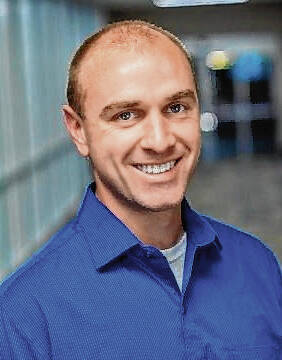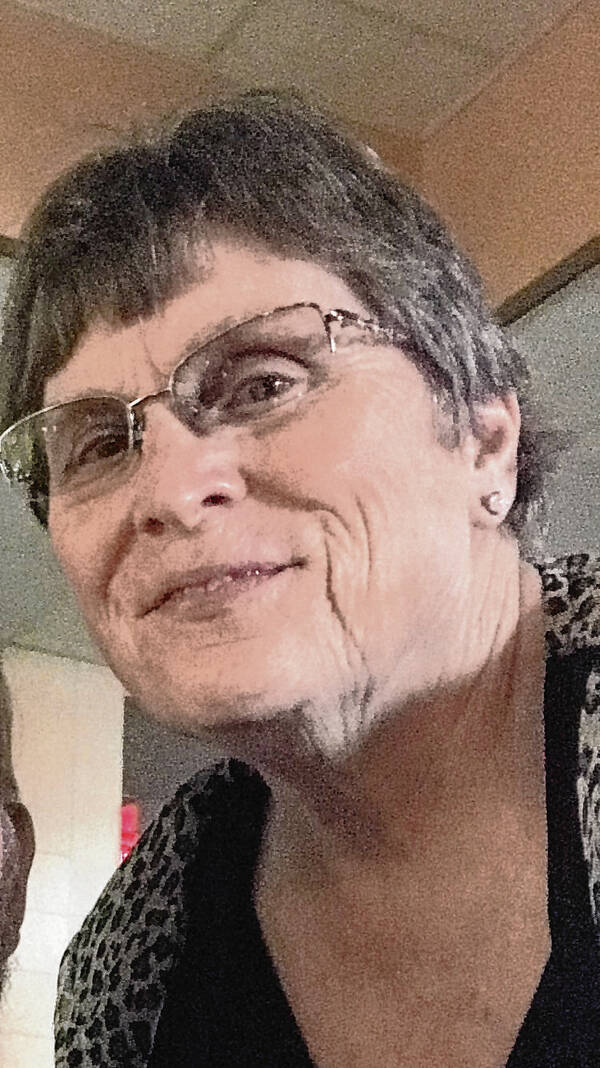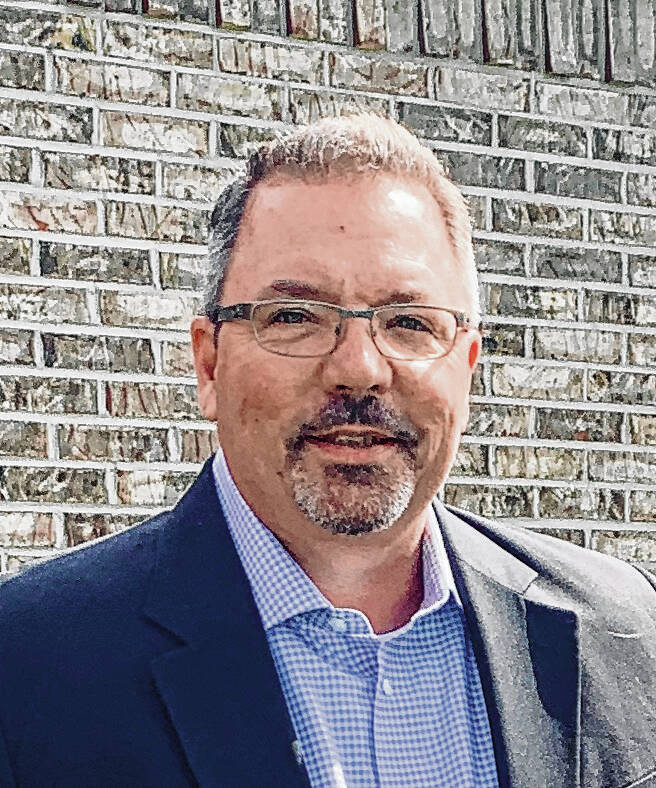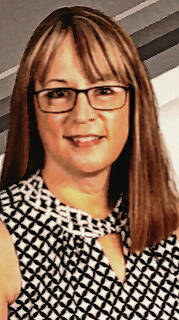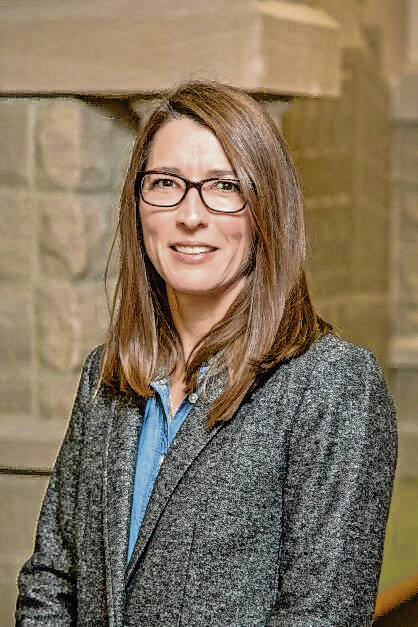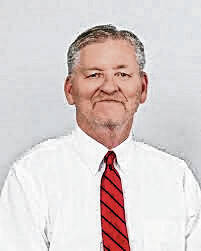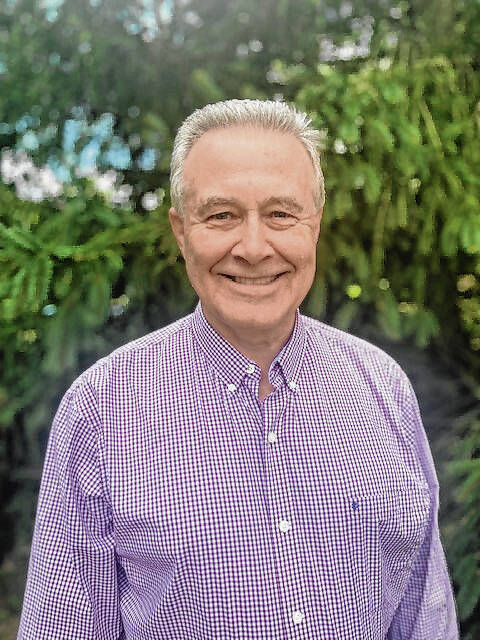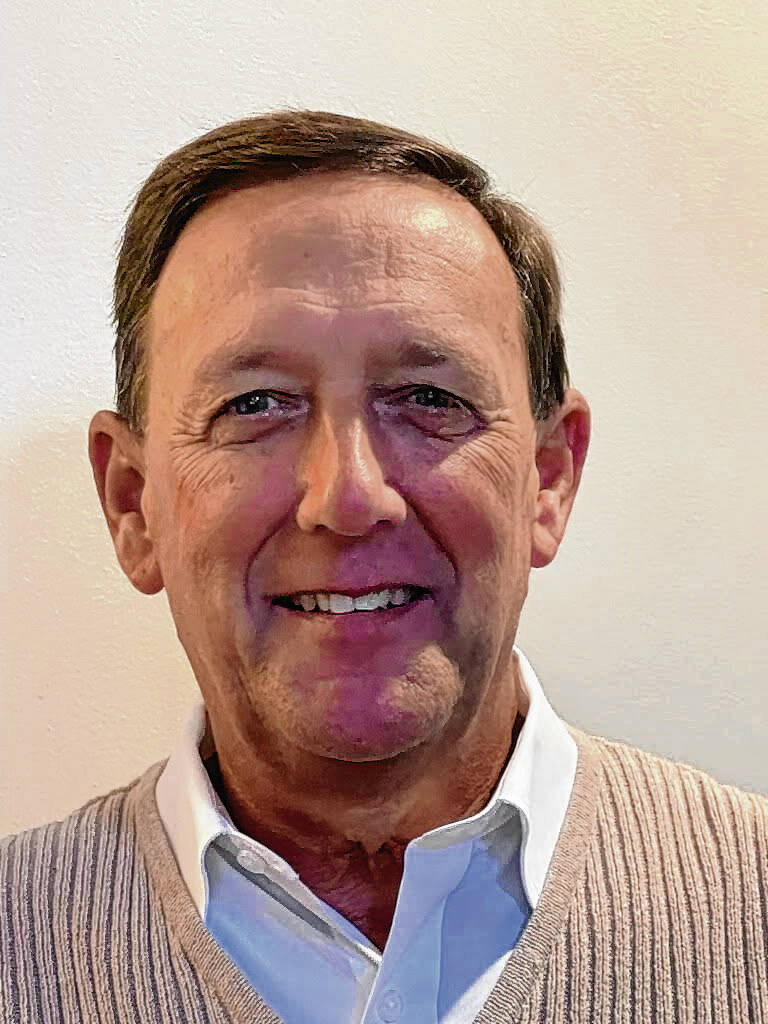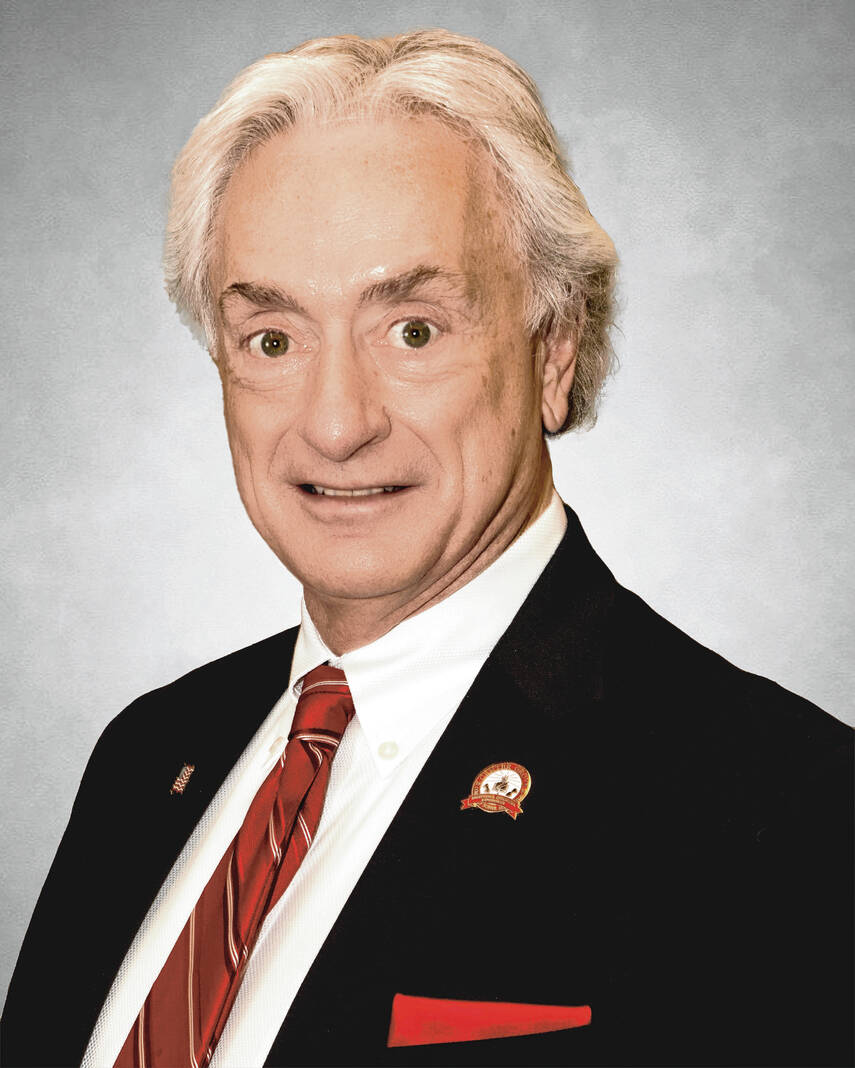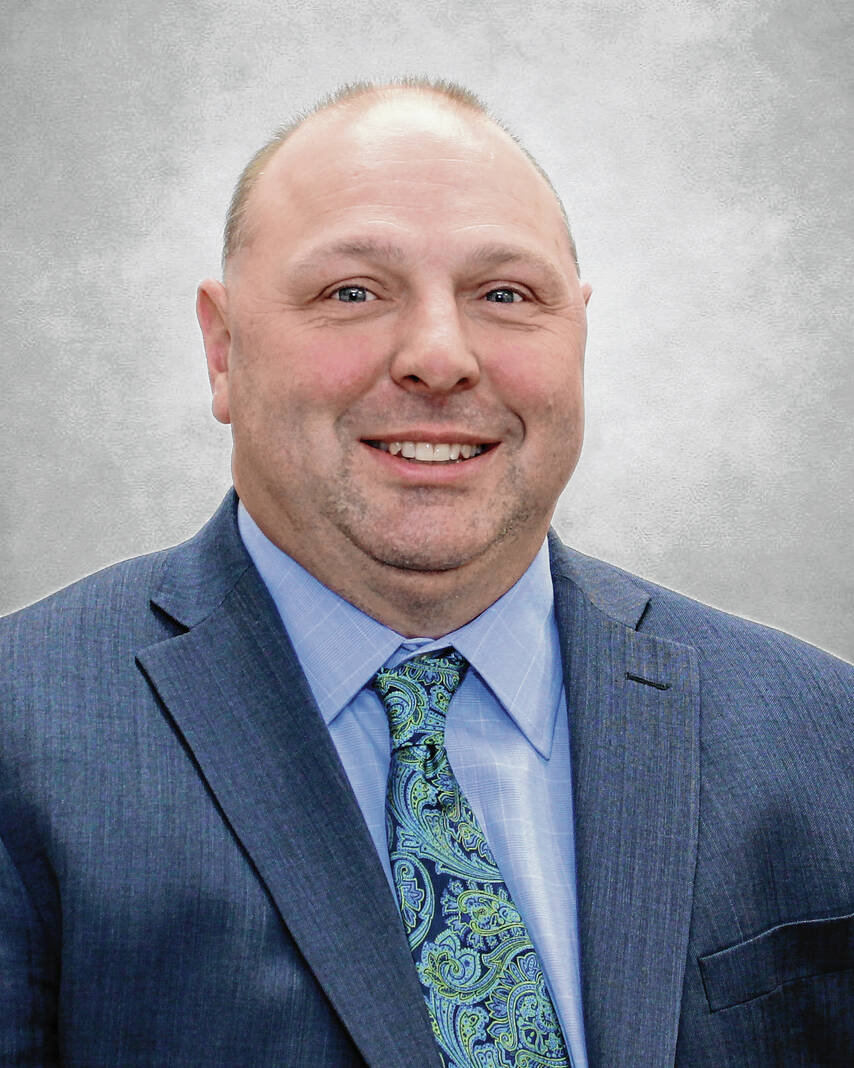Of the 27 school board candidates on ballots in Johnson County, 15 replied to a questionnaire from the League of Women Voters of Johnson County.
To help increase voter knowledge headed, the Daily Journal is sharing candidate responses to two questions the League posed for the 13 candidates in contested races. These two questions are substantially different than those included in the Daily Journal’s candidate questionnaire. Voters can see each candidate’s full responses at the League’s website, lwvjcin.org.
All six public schools in Johnson County have candidates on the ballot. Incumbents on four boards are facing challengers — Center Grove, Clark-Pleasant, Franklin and Greenwood. Indian Creek and Edinburgh incumbents weren’t challenged.
For Center Grove, eight candidates are vying for three seats. Incumbents Scott Alexander and Jack Russell, as well as challengers Douglas Bohall, Derek Payne, Bruce Guiliani and Gary Robinson responded to the League’s questions. Challengers William “Bill” Collins and Nick Smither did not reply.
Voters in the Clark-Pleasant district will be asked to pick two candidates to represent Clark Township and one to represent Pleasant Township this election. In Clark Township, three candidates are vying for two seats. Incumbent Craig Koch answered questions, while incumbent Kent Beeson and challenger Linda Polesel did not. For Pleasant Township, four candidates are in the race for one seat. Incumbent Kimberly Crawford answered the League’s questions, while challengers Beatrice Dunn, Bryan Neer and Amber Treasure did not.
Voters in the Franklin district will be asked to pick one candidate to represent Union Township and one to represent Needham Township. In the contested Union Township race, both candidates — incumbent Becky Nelson and challenger Mathew Cree — replied to the questions.
For Greenwood’s school board, there are five candidates vying for three seats, two at-large and the District 2 seat. For the contested at-large seats, incumbent Brian Ford replied, along with challengers Peggy Daeger and Chad Schaffer, while incumbent Mike Metzger did not reply.
In what ways will you inform yourself to work with school and community populations that are different from you socially, racially, economically, or politically?
Alexander: By listening to the diverse groups we have within the school community. I track local and national school trends from the Indiana School Board Association and the National School Board Association and work to find the best pieces of information that fit within our community and school culture. I follow bills moving through the state legislature that affect school policy, funding and curriculum.
Bohall: This is very similar to the role I fill in driving a CG school bus. I focus on the task of providing safe transportation while bringing the students to and from school. The race, social standing, financially advantaged and disadvantaged, or any other descriptor of the riders is not relevant to the role of safe transportation. I have always been open and engaging in dealing with other people with whom I have connections. There are channels of communication that already exist between the public and board members, and I pledge to stay connected to the community as I represent the whole community.
Guiliani: There is nothing more effective than good listening and questioning skills in a one-on-one conversation.
Payne: Listening is one of the most important traits I think most people could try to utilize a little more these days. We likely have more in common than people realize. It’s important to empathize and offer grace in all situations in order to come away with tangible next steps to work toward addressing any topics at hand. People do have unique experiences, skills, talents, God-given gifts, motivations and desires and being able to keep this in mind when communicating or collaborating is critical.
Robinson: As a school board member, it is important to have all voices heard. A fair process must be in place for parents and community members to address their concerns on individual issues. School board members need to go to their constituents and make themselves available at events, meetings, and gatherings held at all nine Center Grove schools. We cannot ignore the growing diversity taking place in our district, and I want to be as informed as possible. A school board meeting should not be the only opportunity the stakeholders have to be heard.
Russell: As I grew up in the district I have observed the ever-changing culture in the population. I volunteer with the choir department and other areas in the school. Substitute teaching immersed me with students from all walks of life. As a member of Indiana School Board Association I attend many seminars relating to the changing environment in our school systems. It’s a matter of not looking at skin color or culture but seeing who the person/student is as a person.
Koch: Stay engaged with parents, teachers, and administrators to understand the daily needs and the long-term desires of those in the system. Keep up with communications from the ISBA, participating in meetings, and workshops when possible.
Crawford: I will continue to lean on the CPCSC’s diversity, equity and inclusion coordinator, equity ambassadors and CPCSC equity teams. The school district has a district Equity Committee comprised of K-12 administrators, educators and paraprofessionals that look at school practices and policies through the lens of students’ experiences, which helps drive our community outreach. This helps us to actively engage parents and community members. At the same time, the school board recognizes the value of public comment on educational issues and the importance of allowing members of the public to express themselves on school corporation matters. We have adopted a policy for taking public comments at all school board meetings. In addition, I personally look for ways to be involved in our school corporation and our community by volunteering in PTO organizations, my children’s classrooms and after school activities. I also welcome invitations from the community for other ways to be involved and get to know people.
Cree: No matter their social, racial, economic, political status or beliefs, I would invite and welcome discussion and seek common ground and understanding with that individual. From that point forward, we can work towards resolving their concerns. As a board member, I would welcome the opportunity for community meetings and roundtables to air and discuss concerns. I would make my cell phone number and email address available for those that wish to contact me directly. I would make a concerted effort to address all contact and communication within 48 hours of receipt.
Nelson: I will continue to listen, ask questions and learn about those different from me. I will build relationships and friendships that will then give us strength to achieve shared goals. These relationships help build trust as well, which is very important to have when dealing with our youth.
Daeger: I have been doing this for 35 years and will continue to talk to parents and employees about their concerns.
Ford: I have built many relationships across the schools and community who have a diversity of races and socio-economic statuses. I will continue to maintain and enhance these relationships to ensure that I stay informed on issues and listen to those around me. I will continue to embrace dialogue on legitimate topics from parents, teachers and our administration.
Shaffer: The demographics of Greenwood schools have been changing recently, introducing new cultures and world views to our community. It is imperative that new neighbors are welcomed and understood. While the internet is one place for information, it’s not always true to the situation outside your front door. The best way to understand people who see the world differently than you is to speak to them one-on-one and see what their needs are directly from the source. The older I get, the more I realize we are all more alike than we are different, so it’s worth spending time with folks so that you can find the common ground that everyone can embrace.
School board members are responsible to impartially serve the educational needs of the community. How might you respond to efforts of special interest groups to influence school operations to conform to their personal beliefs?
Alexander: I listen carefully to all sides of an issue and make the best decision possible keeping the larger eco-system of the school corporation in mind. Making a decision based on emotion or fear does not serve the best interest of the students, teachers or support staff. We may not always agree, but I am willing to listen.
Bohall: I decided to run for this position after deeply considering the social and political divide in our country and community. My concern is in providing logical, fact-based, positive and unifying leadership while we are navigating our way through the anger and angst that is so prevalent in our country right now. I am a positive person, and I believe that this too will pass. Until then, I am willing to invest my energies, experience and time to ensure that Center Grove is able to continue the pursuit of student and educational excellence. In our quickly changing world it is of utmost importance that we continue to address unfolding challenges of health and wellness as well as safety concerns for our system.
Guiliani: All groups should be allowed to address the school board. The board must then consider all the facts and materials to make a decision that is best for the entire system. This may or may not conform to those presented personal beliefs.
Payne: Education is supposed to be formative and shape students/young adults into responsible citizens who can reason, think, grow and contribute to society. Education should focus on the foundational elements such as math, reading, writing, science and not on ideologies, social agendas, political crossfire or personal identities. Our schools should create a lifelong passion for learning and remove any distractions that take away from that.
Robinson: A good school board member always responds as a listener first, and I want to hear all voices, whether it is the message of a group or one individual. I will be one member of a five-person board. All issues should be brought to the table, discussed openly and respectfully, and decided on collectively. Center Grove is a public school, and I will always base my decisions on what is in the best interest for all students and the community.
Russell: The board is always open to listen, but it is the duty of the board to do what’s best for the students as a whole and not a special interest group. This is becoming more and more of a challenge as we are living in a politically charged environment.
Koch: I would remind them that we are here for the students first, in all that we do. We cannot be self-serving or appear to be favorable with one side over the other.
Crawford: In all situations, it is best to listen first and look for the basic common ground/concepts among parties to use to build a common solution. My job, as a member of the school board, will be to continue to listen to all sides while maintaining impartiality so that when it is time to vote, the school board has weighed all the options and we vote for the option that is balanced, fair and focused on maintaining the primary goal to better the school as a whole. Moreover, I don’t think anyone’s perspective is more important than another’s and the school board needs to be careful to not be influenced by any special interest groups. It is our responsibility as the school board to be cognizant of any and all special interest groups, what they stand and who they represent and to act dutifully in making decisions affecting our community and not just a specific subset.
Cree: How do you define a special interest group? One concerned parent, a group or concerned parents, or a coalition of community members that object to an increase in property taxes via a referendum? In my view, every community member has a voice, and it is my responsibility as a board member to listen to their concerns and arguments. I would invite and welcome discussion and listen in a fair and impartial manner. I would balance my decision against objective data, current legislation and what is in the best interests of the educational needs of the community.
Nelson: Everyone is free to express their opinion, and I will listen respectfully. However, pressure from special interest groups to follow their agenda should be resisted. I will make decisions based on facts, data, and my own judgment and values.
Daeger: Always keeping in mind, that education and safety is of most importance. Any changes would have to be critically evaluated to ensure it has any educational value.
Ford: I have never been aligned with any special interest group or political party in my first term and will continue that if elected to a second term. I came into this service with only one rule for myself – I will make decisions and solve problems that are in the best interests of our students, teachers and staff. No personal agendas should enter the board room.
Shaffer: Impartialy judging a matter is a challenge for all people, even for Supreme Court justices. The best way to prevent this is to approach each matter with an open mind. Proverbs 18:13 says “One who gives an answer before he hears, it’s foolishness and shame to him.” Special interest groups may not always have the purist of motives, so it’s best to give everyone a fair hearing before judging a matter.
How to learn more
To read the full questionnaire from the League of Women Voters visit their website, lwvjcin.org. On the homepage look under the “Learn about the candidates” section and click “read” next to “School board candidates answer questions from LWVJC.”
To read responses to the Daily Journal’s questionnaire for school board candidates, visit dailyjournal.net and search under the “Election 2022” tab.
Center Grove voters can hear directly from school board candidates at the candidate forum planned 6:30 to 8 p.m. on Tuesday at the Center Grove High School Auditorium, 2717 S. Morgantown Rd., Greenwood.



